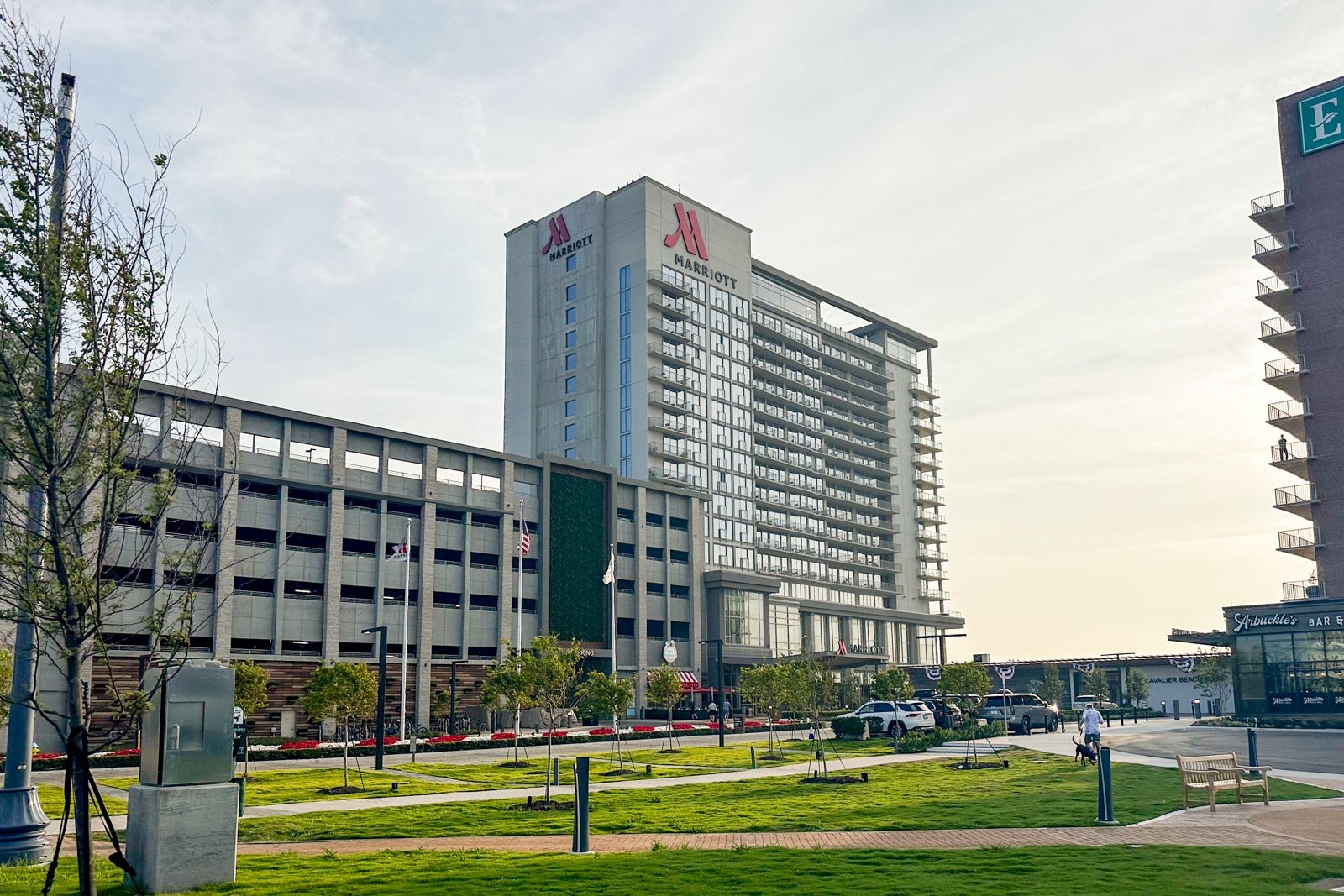The Americas Lodging Investment Summit (ALIS) is an annual hotel conference held in Los Angeles that attracts top industry professionals and provides insights into the future of the hotel sector. The conference brings together CEOs, leadership teams, and analysts from major hotel companies like Marriott, Hyatt, and Wyndham. As a reporter attending ALIS, I had the opportunity to observe the discussions and gain valuable information about the industry’s direction.
This year’s conference highlighted several exciting developments for travelers. One of the key discussions revolved around the introduction of new hotel brands and booking platforms. Hotel leaders discussed their plans to enhance the guest experience by offering more amenities and services. However, amidst the excitement, there were also concerns raised about the strained relationship between hotel brands and property owners.
Unlike popular belief, hotel companies such as Marriott and Hilton do not own much real estate. Instead, individual owners or real estate conglomerates own the properties and pay licensing and management fees to use the hotel brands. This dynamic often creates tension between hotel companies and property owners, as the brands dictate the overall look, amenities, and offerings of the hotels. Property owners are responsible for keeping up with brand standards, which can be costly.
During the pandemic, hotel brands relaxed their standards to support owners during the travel downturn. However, with travel rebounding, brand standards are back in full swing. The tension at ALIS stemmed from property owners considering pushing back against costly renovations demanded by the brands. Hotel owners feel that brands are constantly trying to offer more to attract guests, but these changes can be financially burdensome for property owners.
What exacerbates this tension is the contrasting performance of hotel companies and ownership groups in the stock market. Hotel brands like Hilton and Marriott have seen their stock prices soar in recent years, while lodging ownership groups have struggled. The significant disparity between these two sectors has led property owners to question the necessity of expensive renovations. Some hotel owners are contemplating whether the brands would be willing to terminate contracts with owners who choose not to undergo renovations.
If hotel brands do not offer assistance to owners, travelers may have to endure high-priced hotels that show signs of wear and tear. This could impact customer satisfaction and tarnish the reputation of brands with high stock prices. Hotel owners are likely to resist additional costs in the coming years, given the discord and the challenging financing market they are facing.
Another highlight of ALIS was the competition between Wyndham Hotels & Resorts and Choice Hotels in the lifestyle hotel segment. Wyndham surprised attendees with its announcement of Project HQ, a lifestyle hotel offering developed in partnership with nightlife legend Sam Nazarian. This unexpected move generated significant attention and raised questions about whether it could bring trendy lifestyle hotels to a broader audience. Choice Hotels, on the other hand, focused on the Radisson Blu brand as its top-tier offering following the integration of Radisson into its portfolio. A $15 million renovation at the Radisson Blu Mall of America signaled the brand’s new chapter in the Americas.
Barry Sternlicht, the former CEO of Starwood Hotels, now chairman of SH Hotels & Resorts, also attracted attention at ALIS. His company oversees brands like 1 Hotels, Baccarat Hotels, and Treehouse Hotels, all of which are experiencing significant expansion. The eco-friendly brand, 1 Hotels, has several properties open and in development worldwide. Baccarat Hotels has flagship locations in New York and plans for additional hotels in Rome, Florence, Dubai, and Riyadh, as well as a residential project in Miami. Treehouse Hotels also has upcoming openings in various locations.
Accor, a Paris-based hotel company, focused on its luxury brands like Raffles and Fairmont at ALIS. The company also highlighted Ennismore, a lifestyle hotel company in which Accor has a majority stake. Ennismore, which includes brands like The Hoxton, SLS, and Mondrian, is expected to drive growth for Accor in the U.S. While the company did not announce any upcoming openings in the U.S. at the conference, the leaders assured attendees that there would be significant developments in the coming years.
Overall, ALIS provided valuable insights into the future of the hotel industry. The tension between hotel brands and property owners, the competition in the lifestyle hotel segment, the expansion of Barry Sternlicht’s brands, and Accor’s strategic focus were all key takeaways from the conference. These developments have the potential to impact travelers, as they may influence the quality of hotels, the availability of trendy lifestyle options, and the overall guest experience.

